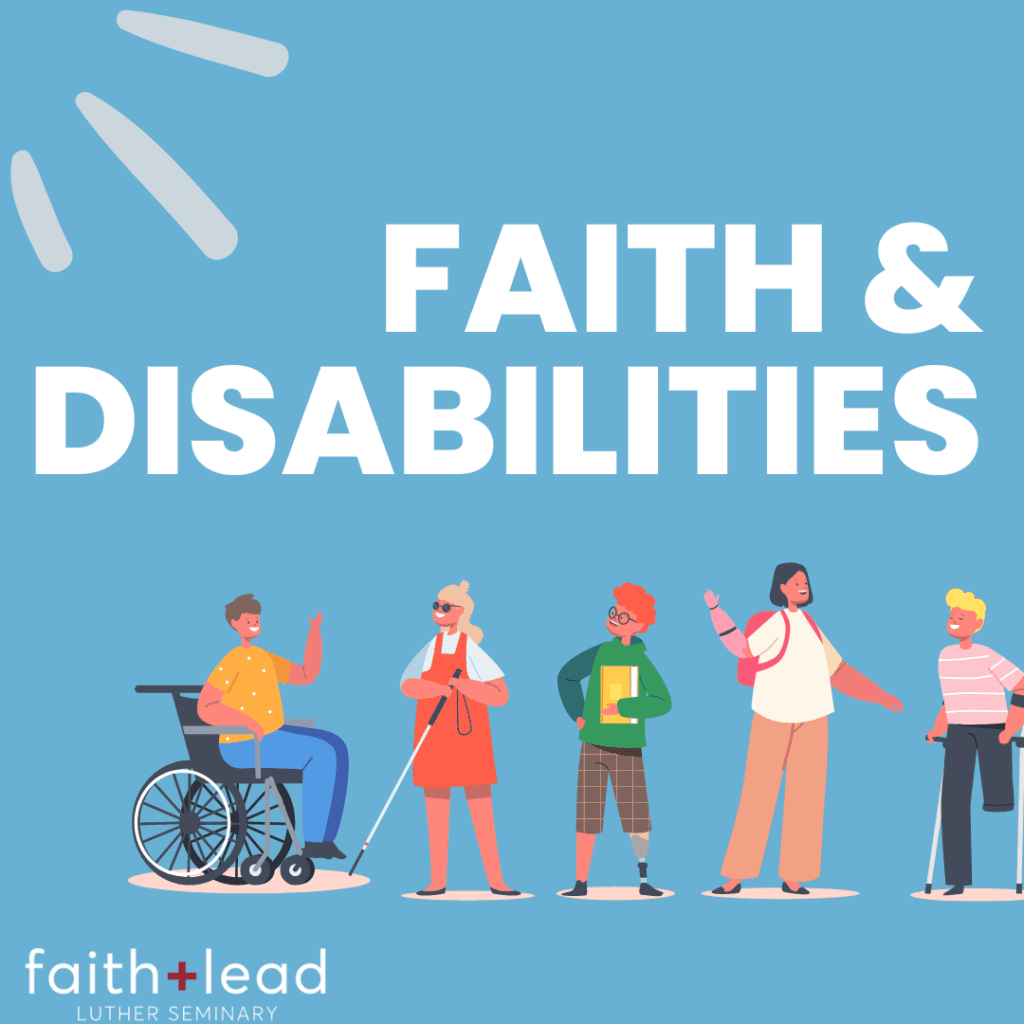We are curious people. Almost from the time we begin to speak to the last breath we take, we ask questions. They are the foundation of learning and understanding. As one begins reading in Genesis, one can almost hear the child’s question at the campfire, “Grandfather, where did we come from?” The creation accounts help us understand that we come from God’s own imagination.
Our questions shape our learning. The Bible includes open-ended questions, e.g., in Gen. 4 “Where is your brother Abel?” The answer, “I do not know. Am I my brother’s keeper?”, includes a rhetorical question; it has a presumed or anticipated answer.
The world we know is shaped by questions, and we, in turn, shape our world by posing questions that affirm our personal perspectives and our tribal expectations. Have you noticed that as long as the expectations of the questioner and the people who are being questioned coincide, everything goes well?
Challenging expectations
But what happens when those expectations are challenged? I find that my understanding of the world, as a person who is blind, may not coincide with the expectations of the people who are asking questions because often they are sighted. I once heard a presenter speak of political trends. She said, “You can see that the predicted behaviors of red and blue people remain fairly constant, but the growing participation of the orange and green people can make a huge difference in any electoral process.”
I was stunned. Red, blue, they were most likely Republican and Democrats, but who the heck were the green and orange people? The graph I didn’t know was there clearly showed the answer. Later the presenter asked what the potential purpling of some regions might mean? I thought of that tiny outer space character from the 1958 rock-n-roll hit (the one-eyed, one-horned, flying purple people eater). Luckily, I was with a friend who could whisper the needed clarifying info to me.
Jesus’ rhetorical questions
Usually, questions do clarify our understanding of what we are trying to learn. In the book of Luke, Jesus uses many questions which are pretty straight forward to help the people learn what the kingdom of God is and what it might look like. “Is it lawful to do good or to do harm on the Sabbath; to save life or destroy it?” (Luke 6) “Which of these [the priest, the Levite, or the Samaritan] do you think was the neighbor to the man who fell into the hands of the robbers?” (Luke 10)
But Jesus uses the rhetorical question to challenge us. Jesus knows the people will probably go to the usual answer when he asks, “Do you think I have come to bring peace?” (Luke 12), “Who will say to his slave, ‘Come sit at the table’?” (Luke 17), and again, “Who is greater, the one who sits at the table, or the one who serves? Is it not the one who sits at the table?” (Luke 22) Then Jesus concludes this time of learning by surprising the people with an answer that they don’t expect, “And yet, I have come as one who serves.”
When a blind person guides another
It is this very unexpectedness of who Jesus is that continues to challenge and amaze me. Each time Jesus asks one of these rhetorical questions, he shifts the Kingdom’s topography. One day, reading Luke, I came across, “Can a blind person guide a blind person? Will not both fall into a pit?” (Luke 6) I knew that the assumed answer was “Yes.”
But, because I am blind and thus know something about being blind, I know that a blind person will only guide other blind people when the blind guide knows where he/she is going. When the surroundings are uncertain, blind people will spread out each using a cane or dog to explore. They talk with one another about what each is discovering. Travel may be slow, but if one of them falls into a pit, the likelihood is that someone will be there to pull him/her out or to get help. Could Jesus know less than I do? I started wondering, “What if Jesus wanted the people to realize the answer was “no”, not “yes”?
I went back to the sermon that precedes Jesus’ question. Jesus tells us to pray for our enemies; understand that God’s mercy extends to the unkind and the wicked; love our enemies; do good and lend expecting nothing in return; give to everyone who begs from you; do to others as you would have them do to you; if anyone strikes you, turn the other cheek; bless those who curse you; live in a way that lets you recognize (bless) the poor, the hungry, those who weep; and know that you are known and recognized (blessed) when people hate you and shun you and revile you and defame you because of the Son of Man. The entire sermon challenges the order of the world and turns our usual expectations upside down.
An upside down world
The people who are first hearing these words are from Judea, Jerusalem, the coast of Tyre and Sydon. Those who needed to be healed of their diseases and those who were troubled with unclean spirits were made whole. People reached out to touch Jesus because power came out from him and received wholeness. It is an upside-down world! It is not the powerful of the world who have come out to hear Jesus; it is the common person, the sick, the mentally ill, and many more who have been ignored by the world.
How amazing it must have been to hear those words of inclusion after being marginalized for so long! The blind, lame, deaf, maimed, mentally ill, widows, orphans, and strangers—those who surrounded Jesus that day—were considered socially dead just like the poor (Theological Dictionary of the New Testament). The people that the world thought to be valueless were the very people Jesus chose to raise up as being the central concern of God’s kingdom—that place where the blind guide the blind.
Jesus, from the very beginning, called people living with disabilities to serve. Today I and other people living with disabilities are finding our places as leaders in the church. We are confronting the rhetorical questions of our times and of Scripture, giving answers that are not the presumed answers. They are faithful answers none the less. Through disability, we come with a different understanding of wholeness and healing. In the body of Christ, we know that wholeness and healing cannot be fully known without those of us who have been pushed to the side—to live in a world of “Nothing About Us Without Us”.
Your turn
- What are the rhetorical questions you live by and their assumed answers you have depended on?
- How is Jesus challenging you to re-examine those presumptions?
- What will the wholeness and strength of Christ’s body look like when we set those presumptions aside?
- And “When the Son of Man comes, will he find faith on earth?” (Luke 18)




